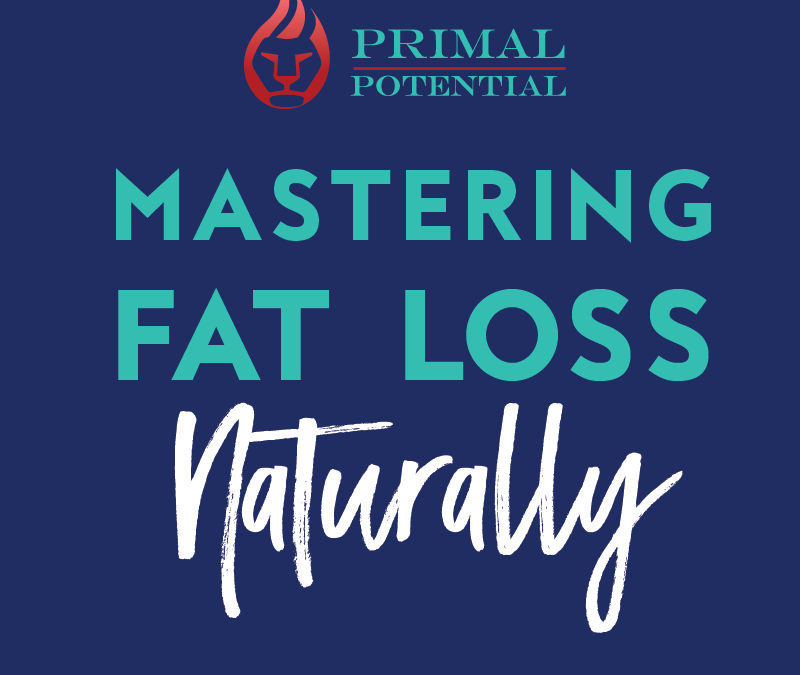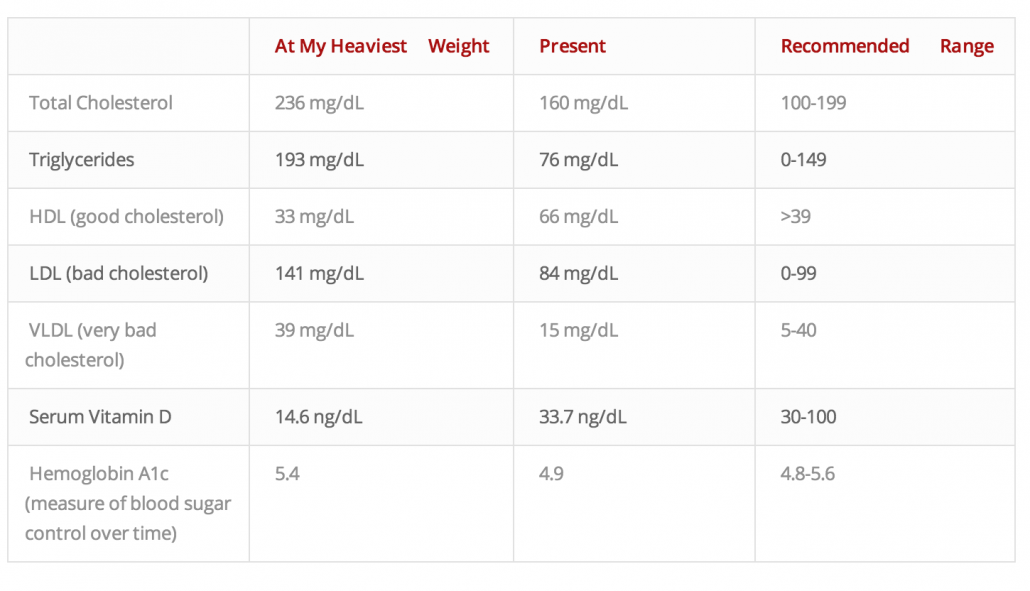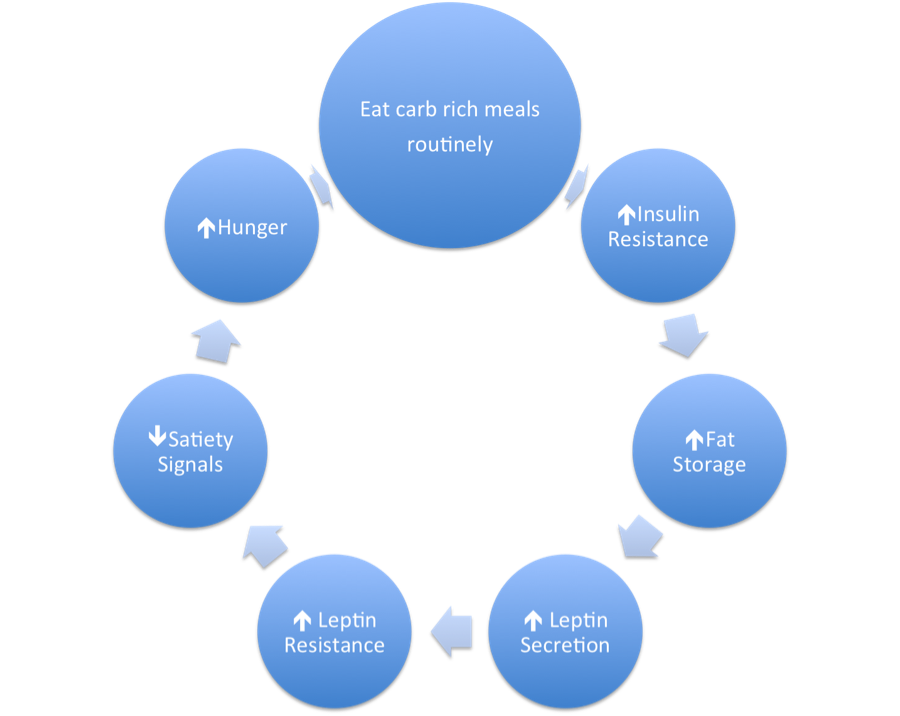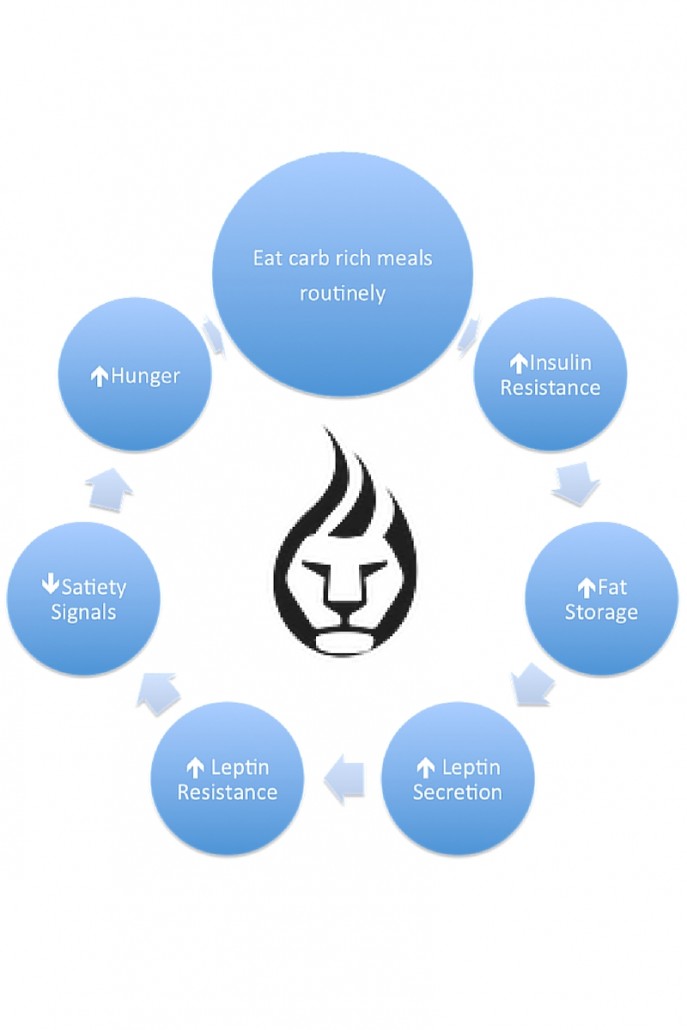
When It Clicks: This Is What It Looks Like
I don’t do many guest posts here in this space. I’m uber protective of you guys – my readers, my friends – and I don’t like the idea of letting other people push their agenda over here. Go do that someplace else. No time for it. I’m trying to help people change their lives, find a healthier relationship with food and burn fat without losing their minds. And then I read a post that I immediately knew I needed to share. A post that perfectly depicts what it looks like when that mindset shift happens between “What’s the most effective diet” and “I am ready to figure out my own fat loss formula for life”. It so happened for Emily. Now, Emily happens to be my sister. Emily happens to be an incredible writer & has her own blog. She put it best, though: ” This ain’t no family-promoting-family-’cause-we’re-family situation.” Neither of us do that. Sure, we’re fans of each other’s work but we protect our space. I knew I needed to share her story because it’s a perfect depiction of the paradigm shift I’m trying to help you make. So with that, here’s Emily.
*Disclaimer: There is some cursing in her post*
[divider style=”10″]
In the years before my dad died, he discovered the Atkins Diet.
He was so fucking stoked, you guys.
He was losing weight eating meat, eggs, cheese, meat, and meat.
I was dubious.
“How are you losing weight eating all of that fat?” It was a leading question coming from me, his trendily vegan daughter who was healthier and more conscious than everyone else because I ate salads and French fries and tofu. How far did that tofu travel to get to me? No matter. I’m vegan.
He explained some of the principles. I was skeptical, but couldn’t argue with what I was looking at: a dude who’d lost a considerable amount of his I-enjoy-the-hell-out-of-food belly.
After he died, I drank a whole lot of Captain Morgan’s and chased it with root beer. I have no idea what I ate, but I know I drank my way up the scale. After the grief broke its spell over me, I looked down and was displeased with what I saw.
I knew someone who’d had success with Weight Watchers and decided to give it a go. It was the first time I’d actively tried to lose weight. I got the books and joined the chat rooms and easily dropped pound after pound. Seeing the scale move was exhilarating. Needing to buy new pants was bliss-inducing.
My boyfriend of five years proposed in the woods. Soon after the honeymoon, two pink lines showed up and my body wasn’t fully mine again, it turns out, for almost seven years.
My kids are 6.5 and 4.5, and just this morning I stepped on the scale and saw the lowest number I’ve seen since Mr. 4.5 was born: 163.6.
I’m a little bit high on that number right now, thankyouverymuch.
Because here’s what: I’m doing this new thing where I’m eating food that feels good in my body I’m not measuring it. I’m not counting it. It tastes fucking great.
And I’m looking how I want to look.
Okay, so here’s what happened.
At the beginning of the year I noticed that my pants were getting tight. Walking around the restaurant on a busy Friday or Saturday night, I could feel my body in a way I didn’t like. I could feel mounds of girth forming on my back under my bra. A little bit of this is par for the course for most of us, but this was new territory. I hated how it felt.
Begrudgingly, I admitted that I was the only person who could do anything about this situation and I jumped back onto Weight Watchers. This time, I wasn’t vegan and I was a mama and so my food landscape was quite different than it’d been during my first go round; my kids would only tolerate so many quesadillas.
But I started doing it anyway. I cooked for them and I cooked for me. I ate a lot of carrots. I snacked on Wasa Crisps slathered with Laughing Cow wedges.
I lost weight, but I thought about food constantly; because I need my brain space available for things other than Points-obsession, I started poking around on the interwebs for a new way.
And then I listened to this podcast and I was like HOLD THE DAMN PHONE.
Disclaimer: the woman responsible for this flawlessly-executed podcast happens to be my step-sister, but this ain’t no family-promoting-family-’cause-we’re-family situation. Betsy (I’m sorry Bets, I just can’t call you Elizabeth) knows her shit. Trust me on this, guys. I wouldn’t make you suffer through a boring, preachy podcast – promise.
I listened to her episode about what happens inside our bodies when we start the day with carbs. Nutshell: our bodies are in prime fat-burning mode when we wake up. If we avoid carbs in the morning, we burn more fat and stuff, and – just listen to the podcast for the real, intellectual, fun explanation. SHE’S THE EXPERT, OKAY? But it made very clear sense to me. I could understand what she was talking about.
I started drinking BulletProof coffee. You guys, it’s fucking delicious. You just blend a tablespoon of grass-fed butter and a tablespoon of high-quality coconut oil into your coffee and WOWZA. I don’t even miss putting sugar in my morning espresso and I used to be a super-sweet-coffee drinker.
Some people can drink BulletProof and it fills them right up for hours. Because I so often want to be like everyone else, I tried this.
No way.
I need food in the morning. Period.
At first, I thought this meant I was “doing it wrong”, “it” being following the rules properly. (I like rules only because it allows me to eventually hate them; sometimes I need a non-human thing to be mad at.) I became frustrated by all of the seemingly contrary health and wellness and nutrition information in the world today. I wrote this blog post, “Is This The Hardest Time In History To Be Healthy?”.
And then I got this comment:
“Hey Em – just my $0.02 on this: All the “right” and “wrong” answers are inside YOU. And that’s not meant to be some woo-woo New Age bullsh*t. You can try new things and monitor how they make you feel. Are you more hungry? Less hungry? Experiencing more cravings? More moody? More tired? Less tired? Tweak one variable. How do those factors change? Tweak a second variable – are you balancing your hunger, energy, cravings & mood? Is your body changing? Sometimes we get stuck in analysis paralysis and don’t move forward because we can’t see through all the opinions. In reality, the only thing that matters is how your food choices make you FEEL and whether or not they allow you to progress towards your goals. Just one opinion. 🙂
Okay, so first, we all know how much I LOVE New Age woo-woo bullsh*t. Seriously – bring it on.
Second, OH RIGHT.
WEIGHT LOSS AND FEELING GOOD IN OUR BODIES IS THE SAME AS EVERYTHING ELSE: THE ANSWERS ARE IN US.
This comment was – you guessed it – from Betsy. I told you she was on point.
I know that there are eight million reasons why so many women struggle with body image and weight loss. Some are societal. Some are psychological.
But like everything else I’m discovering, I’ve learned that my issues around true health and wellness are rooted in…
Who wants to guess?
I know you know the answer…
Wait for it…
Got it!?
FEAR.
Shocking, right!? I want rules to follow because I’m scared that if I don’t have a framework, I’ll be out of control. I’m scared to trust myself.
Because trusting myself to listen to my body means that what my body does is a result of me, and oh, should we just stop here and notice the irony?
I’m an advocate for personal and emotional accountability – I get paid to work with people on these ideas – and yet I’ve been running away from the very obvious truth: how my body feels, performs, and looks is up to me.
Funny, huh? How the most obvious things are sitting right there, waiting to be seen?
So here’s what I’ve done: I’ve been reading and listening to podcasts and am really digging the science behind a high-fat diet. I’m talking to people, and, finally, I’m listening to how my body feels when I eat certain things.
Here’s what I know to be true for me:
- I don’t want to think about food all the time. (Unless I’m in Corsica or Italy, and then I onlywant to think about food.)
- I don’t want to count points or calories or measure my food in measuring cups before I eat it.
- I want to eat when I’m hungry.
- I want my body to be lean and healthy and strong.
- I want to eat real food. Whole food. Nourishing food.
So here’s what I’ve been up to.
BulletProof Coffee in the morning. As I mentioned, I tried just drinking the BulletProof, but it wasn’t enough – I was still obsessing about when I could eat again, and then I remembered, oh, right, if you’re hungry then EAT SOMETHING. So I started eating two or three eggs scrambled with 1/4 of an avocado, spinach, and a little bit of onion. This fills me up for a few hours, and that’s the business right there.
Then, it’s usually some sort of veggie-heavy lunch with protein. I’ve been into kale and broccoli and meatballs.
By afternoon I’m usually in a multiple-hour stretch of not being hungry. This is super new for me. I used to be hungry constantly in the afternoon, which is when I’d snack on fake food. Now, if I get hungry I eat a bite or two (who am I kidding it’s always two) of almond butter or a handful of macadamia nuts.
Then a light dinner because, well, I’m usually just not that hungry in the evenings anymore.
I’m not crashing in the afternoon and making myself more coffee. Also, I’m INCREDIBLY thirsty all the time. I’ve read that this happens sometimes when people get rid of carbs and sugar. I’m drinking an insane amount of water.
Here’s what though: I wasn’t even consciously thinking about going low carb. And the thought of eliminating sugar was something I considered impossible. And while I’m not being dogmatic (I ain’t never giving up my Sriracha, which has a tiny bit of sugar in it), I’m not craving sweets.
Oh, and hot yoga. I’m doing it twice a week. Except when the car battery dies and I can’t make it in time. My arms are cut right now, you guys. I’m rocking out push ups like a boss and am constantly flexing my biceps and poking them with pride.
You guys know me – I LOVE good food and often struggle to commit to exercise. So you know I’m not pushing anything in terms of “a way” of eating or moving that’ll work for everyone.
It’s just that it’s impossible for me to ignore the very real fact that we can figure out everything in our lives – EVERYTHING – if we:
TRUST OURSELVES; LISTEN TO OUR LOUD, LOUD TRUTH; AND FEEL OUR WAY BACK HOME TO OURSELVES.
With that? Imma go make me some espresso with some fat mixed into it.
LOVE,
*E








